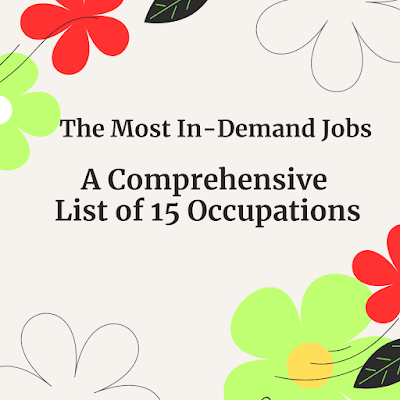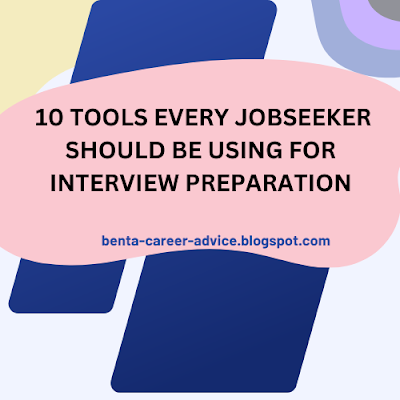Are you on the lookout for your dream job in 2023? If yes, then you must be aware of the vast array of job search sites that can help you land that perfect job. In this article, we'll list the 10 best job search sites for 2023 that can help you in your job search.
1. LinkedIn Jobs
LinkedIn is a professional networking site with over 700 million users worldwide. It offers a job search feature that allows job seekers to search for jobs by keyword, location, industry, and job function. The site also offers a feature that shows how many applicants have applied for a particular job, which can help job seekers to assess their competition.
2. Indeed
Indeed is one of the largest job search sites with over 250 million unique visitors per month. The site allows job seekers to search for jobs by keyword, location, salary, and company. It also offers a resume builder and career advice to help job seekers in their job search.
3. Glassdoor
Glassdoor is a job search site that provides company reviews, salary information, and interview questions from current and former employees. It also offers job listings that can be filtered by job title, company, and location.
4. Monster
Monster is a job search site that offers job listings, career advice, and resume services. The site allows job seekers to search for jobs by keyword, location, and industry. It also offers a salary calculator that can help job seekers to assess their earning potential.
5. CareerBuilder
CareerBuilder is a job search site that offers job listings, resume services, and career advice. The site allows job seekers to search for jobs by keyword, location, and industry. It also offers a feature that matches job seekers with suitable jobs based on their skills and experience.
6. SimplyHired
SimplyHired is a job search site that offers job listings, salary information, and company reviews. The site allows job seekers to search for jobs by keyword, location, and industry. It also offers a feature that shows the job trends in a particular industry.
7. ZipRecruiter
ZipRecruiter is a job search site that allows job seekers to apply for jobs with just one click. The site offers job listings that can be filtered by job title, company, and location. It also offers a feature that matches job seekers with suitable jobs based on their skills and experience.
8. Snagajob
Snagajob is a job search site that specializes in hourly jobs. The site allows job seekers to search for jobs by keyword, location, and job type. It also offers a feature that matches job seekers with suitable jobs based on their availability and skills.
9. USAJOBS
USAJOBS is a job search site that lists job opportunities with the federal government. The site allows job seekers to search for jobs by keyword, location, and job type. It also offers a feature that shows the requirements for a particular job.
10. FlexJobs
FlexJobs is a job search site that specializes in flexible and remote jobs. The site allows job seekers to search for jobs by keyword, location, and job type. It also offers a feature that shows the job trends in a particular industry.
The job search process can be overwhelming, but with the help of these top 10 job search sites for 2023, you can find your dream job. These job search sites offer a wide range of job opportunities and features that can help you in your job search. Whether you're looking for a full-time, part-time, remote, or flexible job, these job search sites have got you covered.









